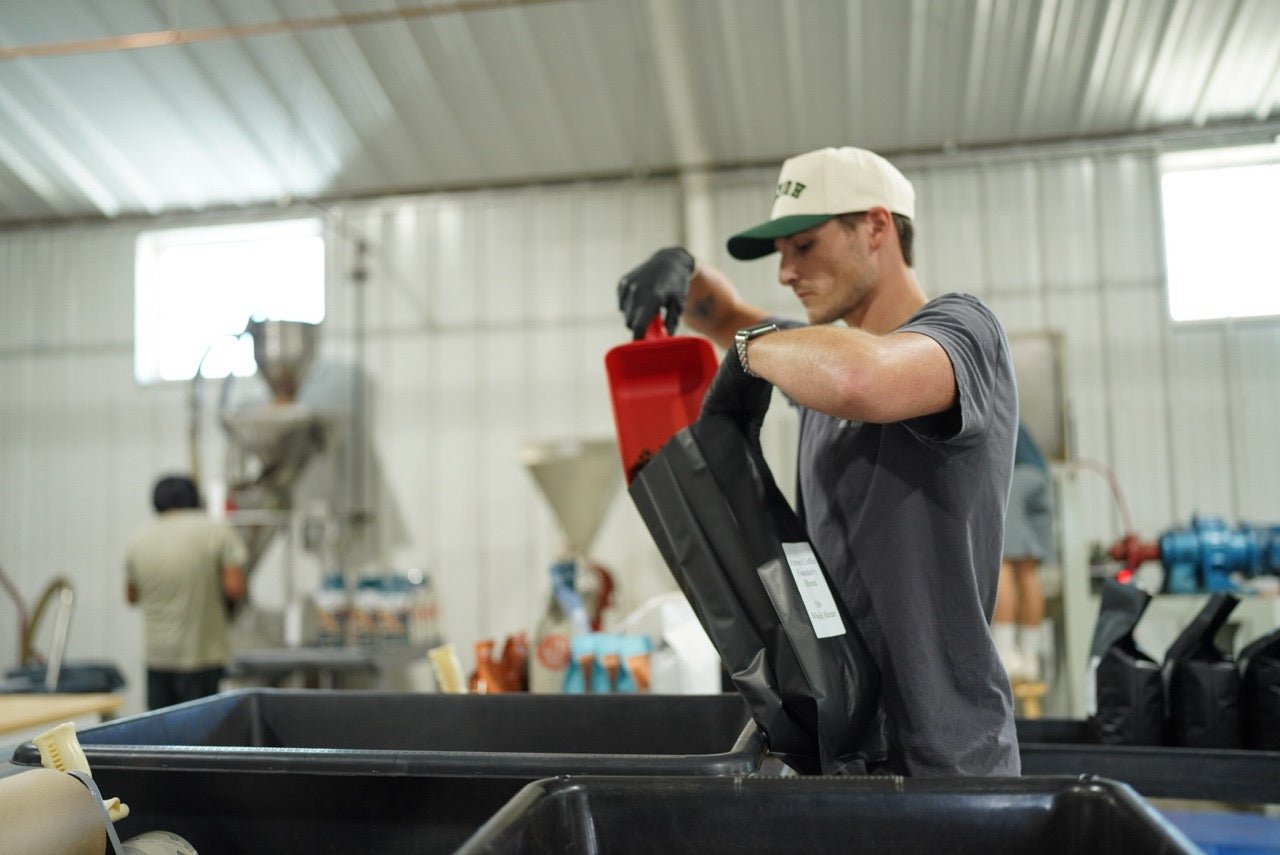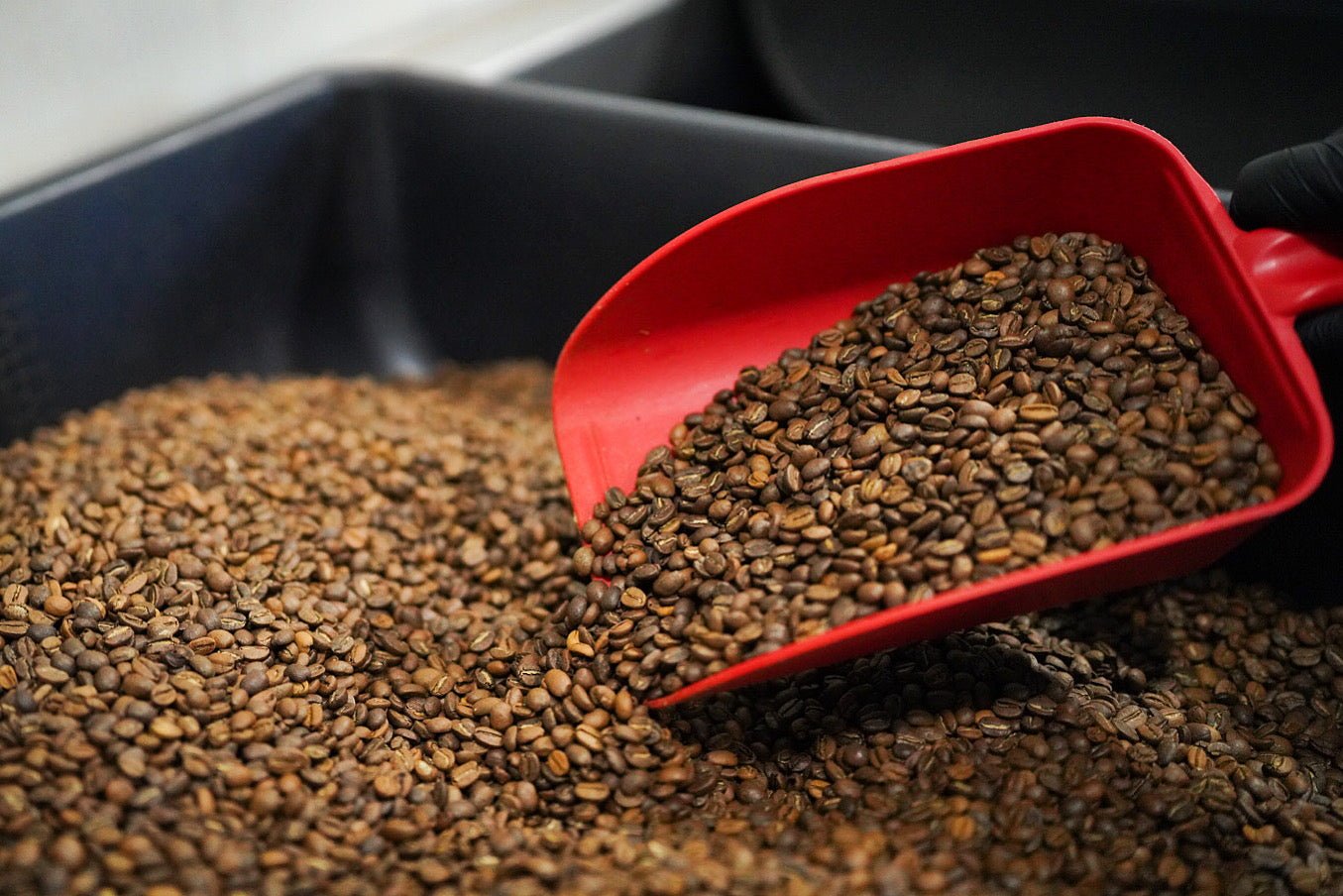Discover How the Farm to Cup Movement is Transforming Coffee Production, Ensuring Quality, and Promoting Ethical Practices
The farm to cup movement has gained significant momentum in recent years, as coffee consumers and industry professionals alike recognize the importance of sustainability, traceability, and ethical practices in coffee production. But what exactly does "farm to cup" mean, and how does it impact the coffee industry as a whole?
In this article, we'll explore the journey of farm to cup coffee, from the sustainable cultivation of coffee plants to the ethically sourced beans that reach your cup. We'll also discuss the benefits of this movement for producers, consumers, and the environment, and share insights from industry experts and resources to help you better understand the importance of farm to cup practices.
1. The Origins of Farm to Cup Coffee:
The farm to cup movement has its roots in the broader farm-to-table movement, which emphasizes the importance of local, sustainable, and traceable food production. This philosophy has been adopted by the coffee industry, where the focus on sustainability and ethical practices has become increasingly important.
2. The Farm to Cup Journey: Key Elements and Stages:
The farm to cup journey encompasses several stages, each of which plays a crucial role in ensuring the quality, sustainability, and ethical sourcing of coffee beans.
- Sustainable farming: This stage involves the implementation of eco-friendly farming practices, such as shade-grown coffee cultivation, organic fertilizers, and integrated pest management, to minimize the environmental impact of coffee production.
- Ethical sourcing and fair trade: The farm to cup approach emphasizes the importance of fair trade relationships, which ensure that coffee farmers receive a fair price for their beans, improving their livelihoods and promoting long-term sustainability. Fair trade organizations, such as Fair Trade USA and the Fairtrade Foundation, play a crucial role in certifying and promoting ethical coffee sourcing.
- Traceability and transparency: The farm to cup movement prioritizes traceability and transparency in the coffee supply chain, enabling consumers to know the origin of their beans and ensuring that coffee is sourced ethically and sustainably. This involves the use of technology, such as blockchain, and third-party certifications to verify the authenticity and origin of coffee beans.
- Quality control and roasting: The farm to cup journey also focuses on quality control throughout the supply chain, from the careful selection of beans to the roasting process, which ensures that the final product is of the highest quality. Roasters play a vital role in this process, as they are responsible for developing the unique flavors and aromas of coffee beans through their roasting techniques.
3. The Benefits of Farm to Cup Coffee:
The farm to cup movement offers several benefits for coffee producers, consumers, and the environment, including:
- Improved quality and taste: By focusing on sustainable farming practices and quality control throughout the supply chain, farm to cup coffee often results in a superior product with enhanced flavors and aromas.
- Environmental conservation: Sustainable coffee farming practices, such as shade-grown coffee cultivation, help to preserve biodiversity, reduce deforestation, and combat climate change by promoting healthy ecosystems and reducing the carbon footprint of coffee production.
- Ethical sourcing and fair prices: By prioritizing fair trade relationships and transparent supply chains, the farm to cup movement ensures that coffee farmers receive fair prices for their beans, improving their livelihoods and promoting long-term sustainability.
- Consumer awareness and empowerment: The farm to cup approach empowers consumers by providing them with information about the origin of their coffee and the ethical practices behind its production. This increased transparency enables consumers to make informed choices and support sustainable, ethical coffee production.
4. The Role of Roasters and Retailers in the Farm to Cup Movement:
Coffee roasters and retailers play a crucial role in the farm to cup movement, as they are responsible for sourcing, roasting, and marketing ethically produced and sustainably sourced coffee beans.
- Sourcing: Roasters and retailers can support the farm to cup movement by prioritizing ethically sourced beans from sustainable farms, partnering with fair trade organizations, and establishing direct relationships with coffee producers.
- Roasting: By focusing on quality control and developing unique roasting profiles, roasters can ensure that the final product is of the highest quality, showcasing the natural flavors and aromas of sustainably sourced beans.
- Marketing and education: Retailers and roasters can educate consumers about the benefits of farm to cup coffee and promote transparency by sharing information about the origin of their beans, the farming practices employed, and the ethical sourcing policies they follow.
5. The Future of Farm to Cup Coffee:
As consumer awareness of sustainability and ethical sourcing grows, the demand for farm to cup coffee is expected to continue to rise. To meet this demand, the coffee industry must continue to innovate and adapt, embracing new technologies and practices to ensure the long-term viability of coffee production and the wellbeing of coffee farmers.
- Climate-smart agriculture: As climate change continues to threaten coffee production, the adoption of climate-smart agriculture practices, such as drought-resistant coffee varieties and precision farming techniques, will become increasingly important in ensuring the sustainability of the farm to cup movement.
- Digital traceability: The use of digital technologies, such as blockchain and IoT, will play a crucial role in enhancing the traceability and transparency of the coffee supply chain, enabling consumers to verify the origin of their beans and support ethical coffee production.
- Collaboration and innovation: The future success of the farm to cup movement will depend on the collaboration of industry stakeholders, including farmers, roasters, retailers, and consumers. By working together to promote sustainable practices, ethical sourcing, and quality control, the coffee industry can continue to thrive and grow while minimizing its environmental impact and ensuring the welfare of coffee farmers.
The farm to cup movement has transformed the coffee industry, promoting sustainability, ethical sourcing, and quality control throughout the supply chain. By understanding and embracing the principles of farm to cup coffee, consumers, roasters, and retailers can support the long-term viability of coffee production, protect the environment, and improve the livelihoods of coffee farmers around the world.


